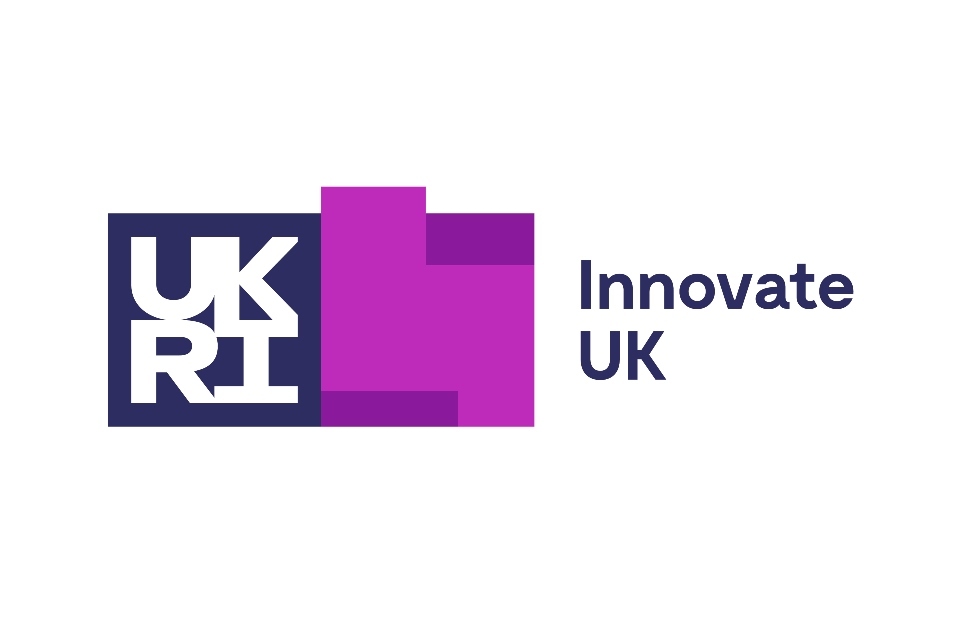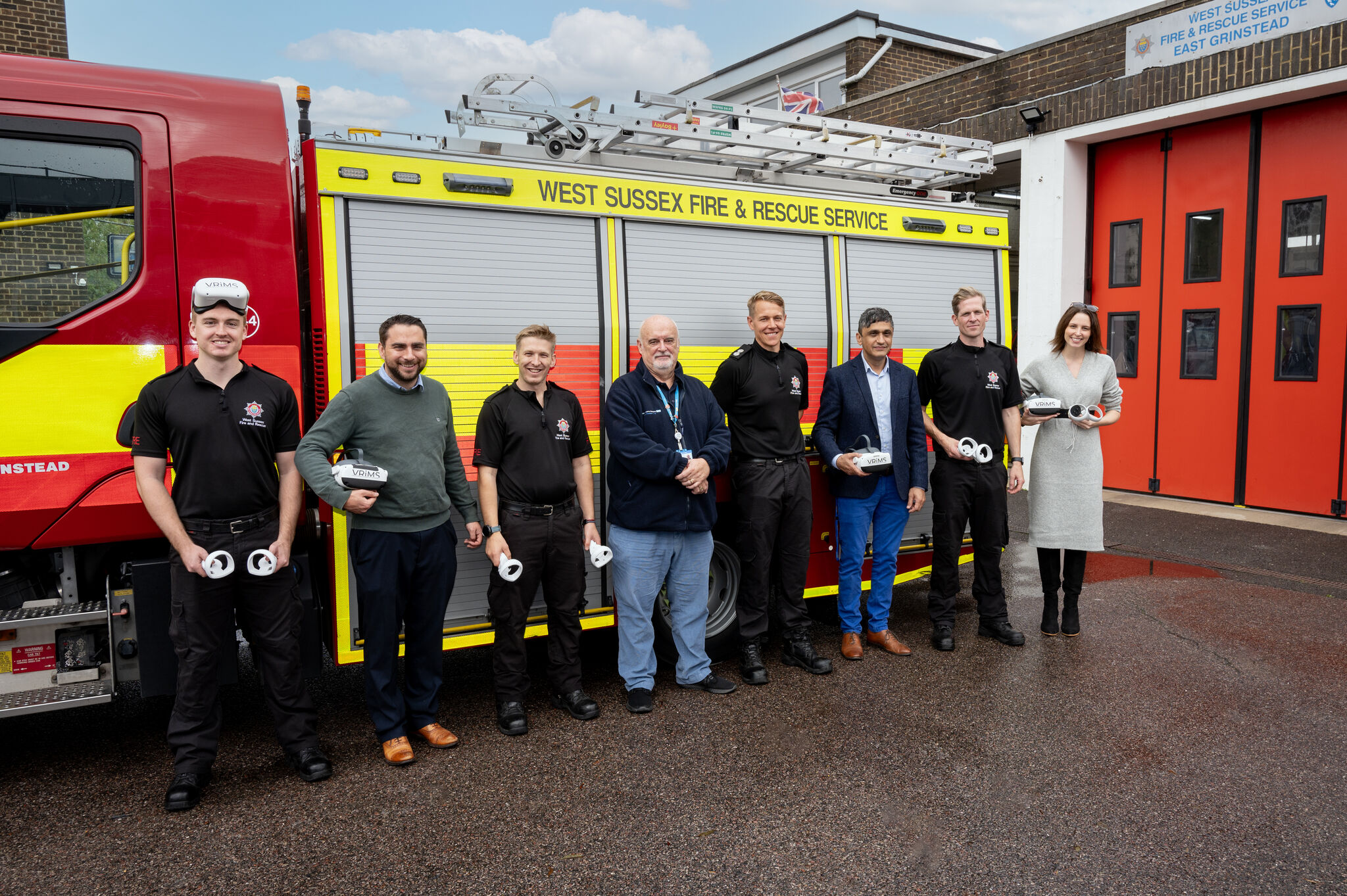NHS Bolsters Emergency Workforce Ahead of Winter Challenges

Ahead of an anticipated surge in winter viruses, the NHS has successfully expanded its emergency care workforce, with increased numbers of paramedics and call handlers joining the frontline.
The growth in 999 and 111 call handlers, as well as additional paramedics and ambulance support staff, aims to address the significant pressures expected in the coming months.
The figures reveal a notable rise in both 999 and 111 call handlers compared to last December (8% and 5%, respectively), ensuring a substantial increase in staff available to handle urgent and emergency calls.
The NHS 111 service now boasts 4,645 call handlers, up 207 (4.7%) from last December, marking a proactive response to the heightened demand experienced last year.
Moreover, the recruitment efforts have resulted in the addition of more than 1,700 paramedics and ambulance support staff between December 2022 and August 2023. Ambulance trusts, facing record demand, have recruited 290 extra paramedics over this period, contributing to faster response times despite increased workload.
Dr. Amanda Doyle, National Director of Primary Care and Community Services for NHS England, emphasized the significance of online GP registration in transforming healthcare practices, stating: “Online GP registration is one of the many innovative ways the NHS is transforming how practices work to make it as easy as possible for patients to get the care they need.”
This initiative not only enhances patient convenience but also allows practice staff to allocate more time to patient care and less time on administrative tasks.
The online registration process is designed to be inclusive, as patients do not need ID, an NHS number, or proof of address. Additionally, translation tools are available for those whose first language is not English.
Statistics from the online registration service indicate that 66% of patients use the service to switch GPs, while 23% are visitors or migrants. Other submissions include 5% registering with a GP for the first time, 4% newborns, and 1% ex-military patients. Almost half (48%) registered outside standard GP surgery hours, and one in 10 accessed the digital service in another language.
Katie Howard, practice manager at Cleevelands Medical Centre in Cheltenham, emphasized the positive impact of the service on time efficiency, saving between three to five minutes per patient and providing a user-friendly experience: “Our patients have found it very revolutionary, as it’s so user-friendly and they can use it on the go. It saves our surgery staff between three to five minutes per patient. When you consider we get 25 registrations a day, that is a significant amount of time we are saving to invest back into the patients.”
Professor Bola Owolabi, NHS England’s Director of Health Inequalities and a GP in the Midlands, emphasized the service’s role in reducing health inequalities and widening access to quality healthcare: “We know health inequalities exist within our communities, which is why we are pleased to see our online Register with a GP surgery service is making such a huge difference, by reducing barriers to registration and widening access to good quality healthcare.”
Healthwatch England acknowledged the service’s benefits, emphasizing the removal of registration barriers and recommending its adoption across all GP teams: “We welcome NHS England’s work to remove registration barriers and recommend that all GP teams sign-up to Register with a GP surgery to make access to general practice as easy as possible for everyone.”

